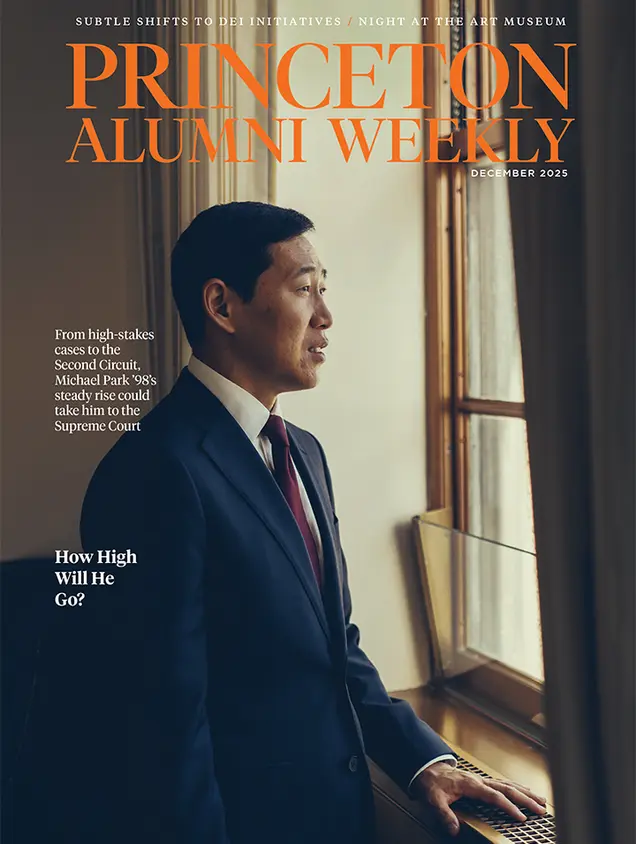Charles R. Dressel ’71
Chuck died Jan. 22, 2018, in River Forest, Ill., after a long battle with late-onset bipolar disorder and progressive heart disease.
He entered Princeton after a storied football career at Oak Park and River Forest (Ill.) High School. Freshman year he lived in Witherspoon with lifelong friends Skip Collins, Ken Hall, John Neale, Art Lowenstein, and David Schankler; he later lived with that group in Henry. He majored in politics.
Chuck was a standout wrestler and defensive lineman at Princeton. In wrestling he was All-Ivy, a top-four Eastern heavyweight, and the team high-scorer for two years. In football he was awarded the game ball versus Colgate.
After graduation, Chuck returned to River Forest, where he co-managed the family business — Dressel’s Hardware Store — with his brothers for four decades. In 1976, he married Jan. Together they had three children, Emily, Amy, and Blake.
Chuck enjoyed coaching his children’s teams. A low-maintenance guy, he had a wry sense of humor, tremendous loyalty to his friends, and a strong sense of right and wrong. A proud Princetonian, he relished taking his family back to campus for Reunions.
The class expresses sympathy to Chuck’s wife; children; grandchildren Brady, Bridget, Jack, and Grace; brothers Bob and Todd; sister Beth Ann; and several nieces and nephews.
Paw in print

December 2025
Judge Michael Park ’98; shifts in DEI initiatives; a night at the new art museum.


No responses yet